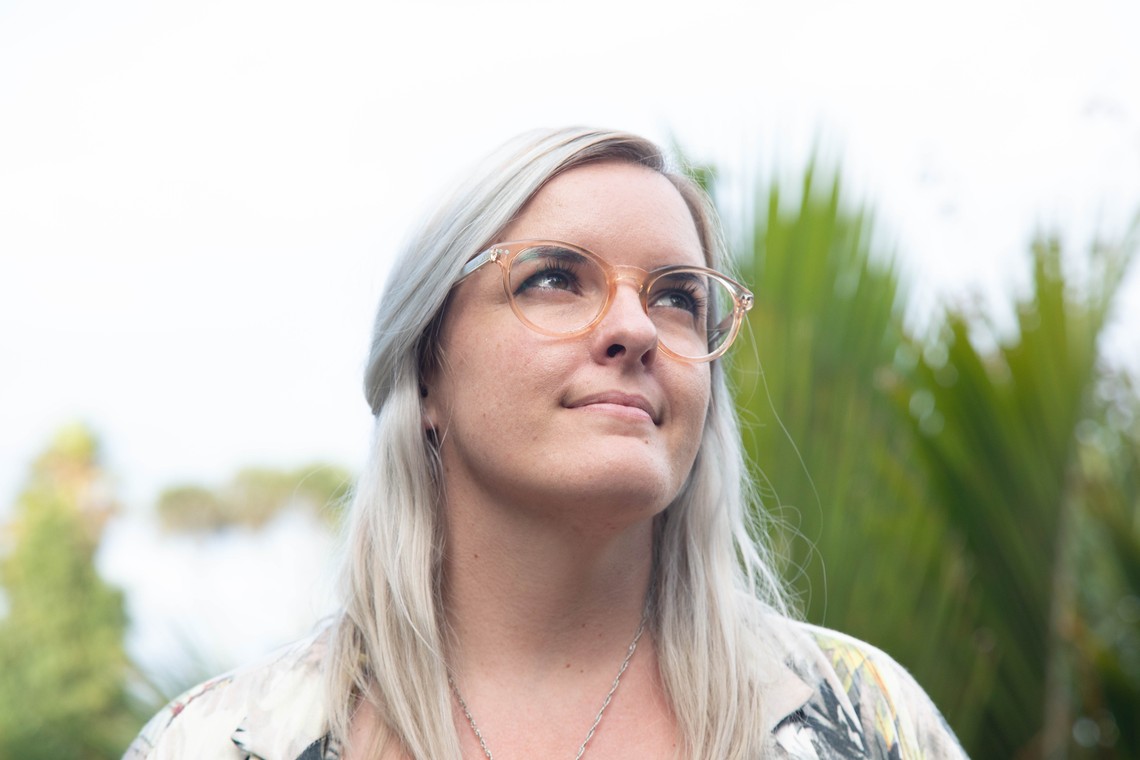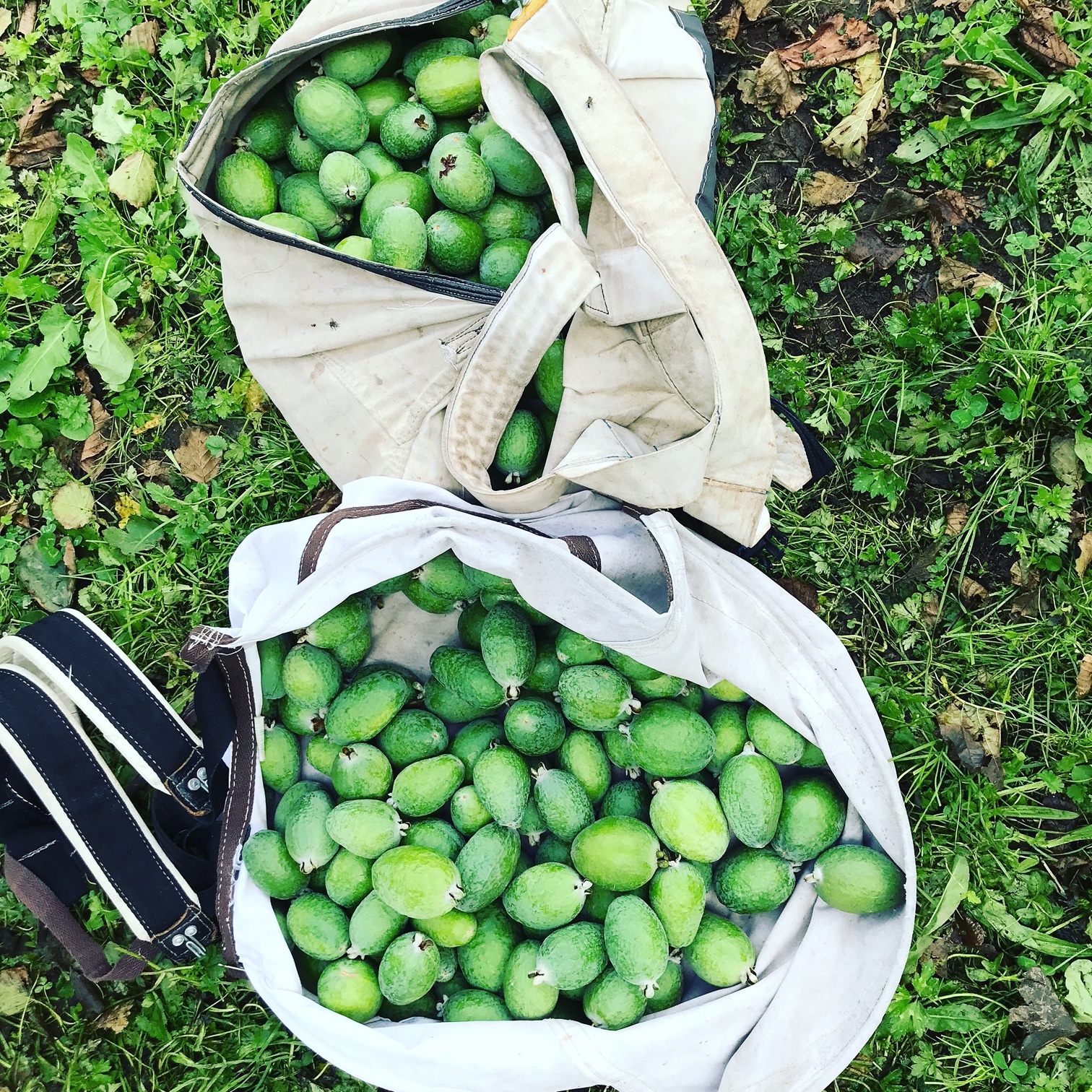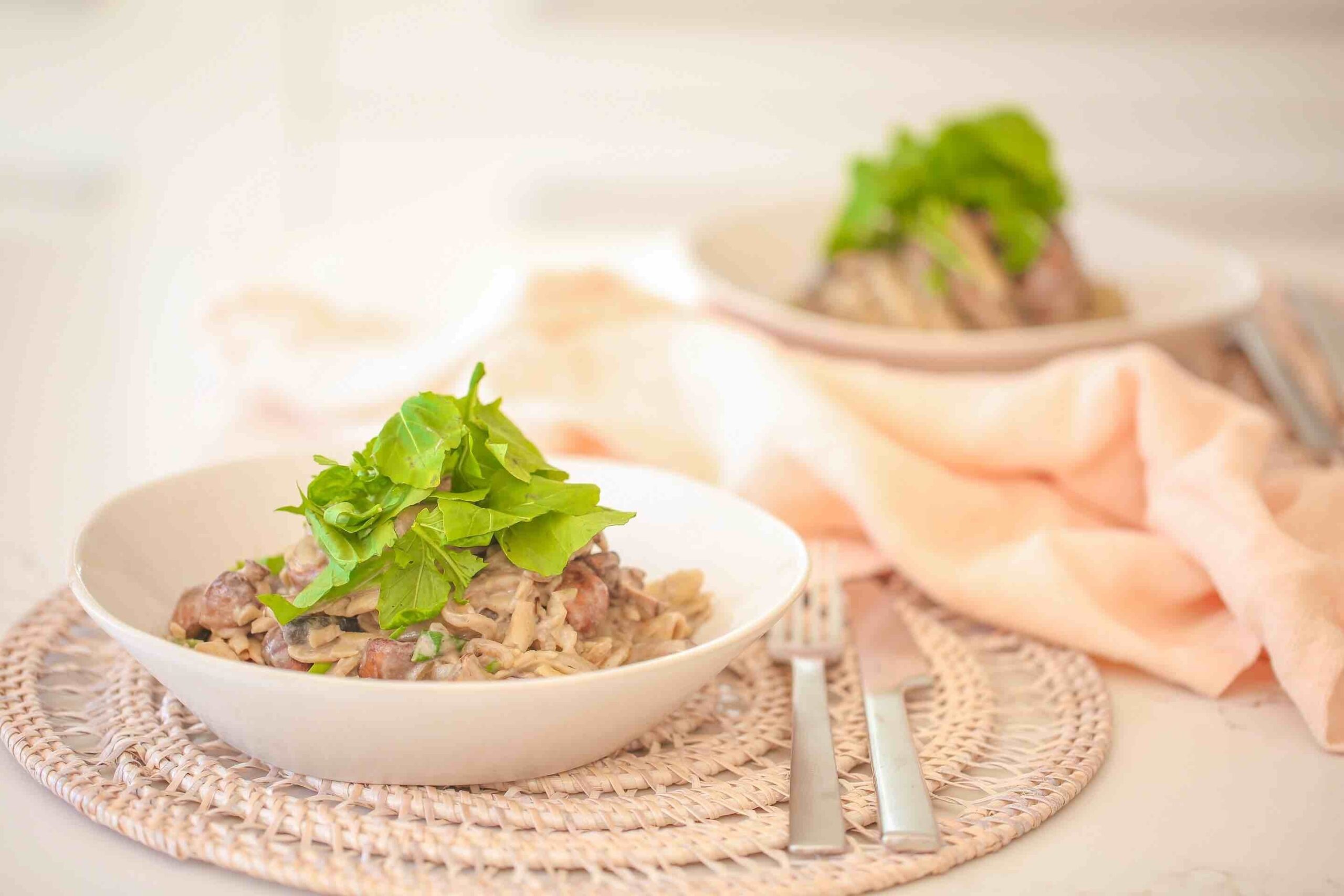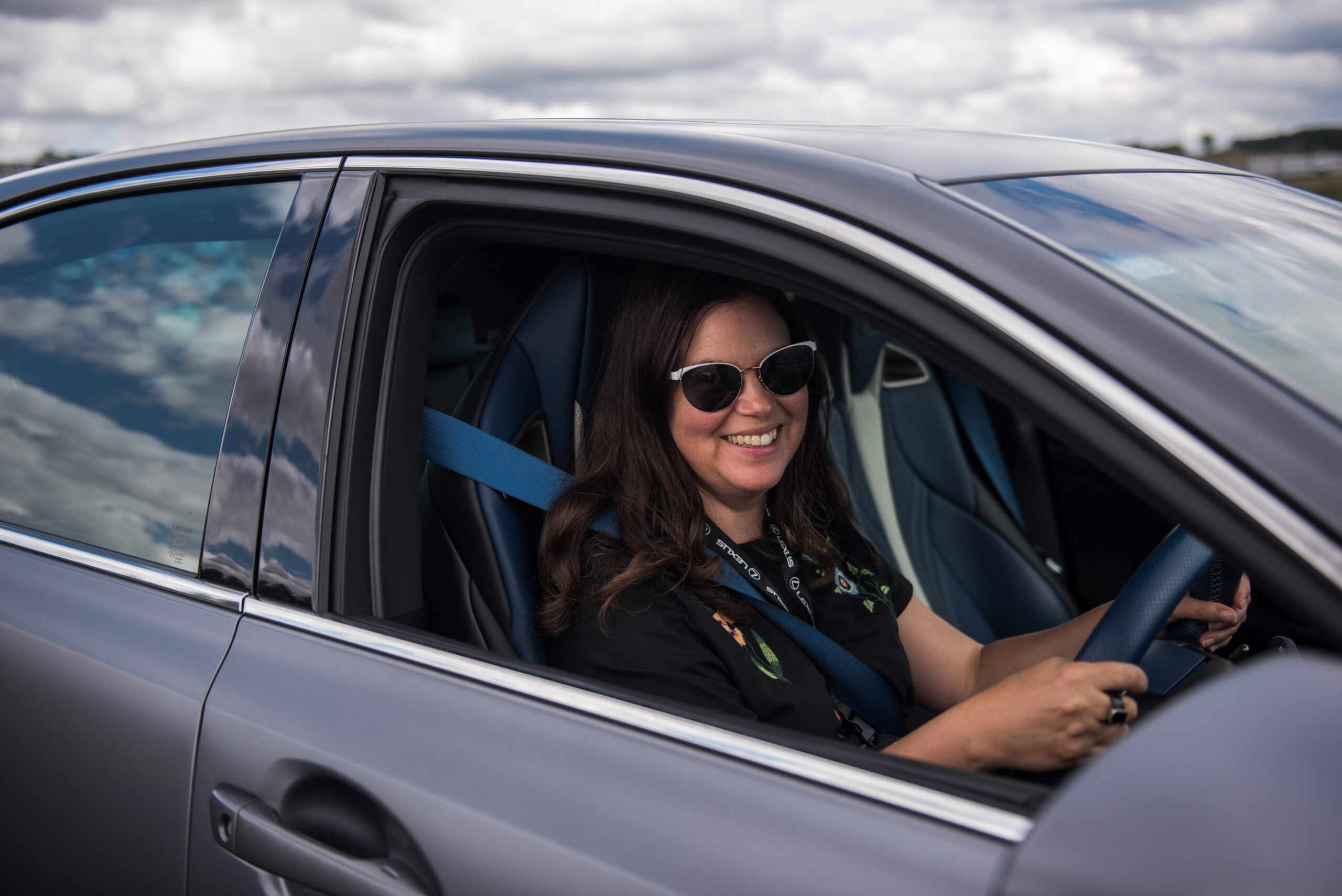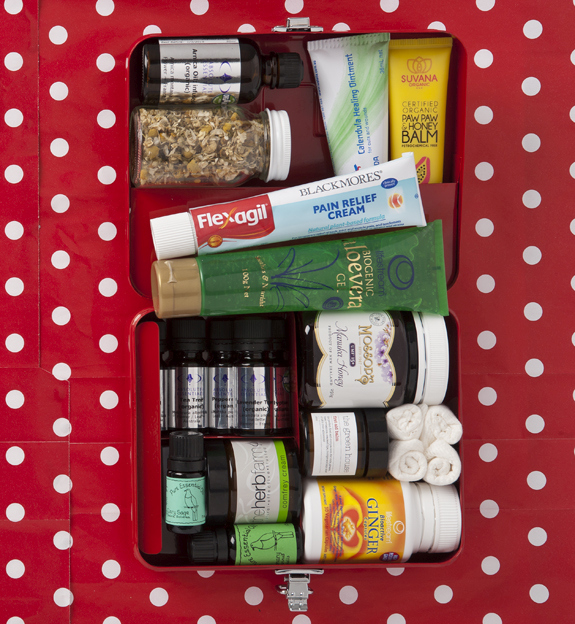Meet the human rights activist, researcher and businesswoman pioneering disability inclusion within the global coffee industry.
By Esther Burnett
Dr Robbie Francis has packed a lot into her 30 years. The director of The Lucy Foundation and a finalist in the recent Women of Influence Awards, just a few of her many achievements. Beyond the accolades, Francis is a proud disabled woman who is using her privilege to transform the lives of those less fortunate. Born with phocomelia syndrome, the bones in Francis’ lower limbs were malformed or missing, resulting in her left leg being amputated. “Growing up I didn’t identify as disabled. I was encouraged, supported and given huge opportunities.”

In 2013, during an internship with an international disability rights group in Mexico, Francis witnessed first-hand the human rights abuses committed against disabled people. “To see their suffering and realise that could have been me, this was my community, I had a responsibility to be an active part of the solution.” A year later Francis co-founded The Lucy Foundation, a social enterprise committed to empowering people with disabilities – and their communities, through ethical, economic and environmentally sustainable business.
Recognising a growing market for ethical coffee in New Zealand, the opportunity arose to work with the coffee growing community of Pluma Hildago in Oaxaca, Mexico. The coffee is grown in Mexico and exported to New Zealand with the entire value chain being disability inclusive.

By 2016 the team was living and working alongside farming families affected by disabilities. They realised that in developing relationships a “slow and steady approach” was key. “To truly generate environmental and social change you cannot assume people are on the same journey. The path of inclusivity is slow and gentle,” says Francis.
Recognising community needs, the group began offering accessible agricultural workshops as well as disability-specific workshops around wellbeing. “These were opportunities for both abled and disabled people to interact in a meaningful way, while contributing to a shared community goal.”
Although the coffee plants were underproducing and suffering from leaf rust, initially farmers were hesitant to adopt new farming practices. “It wasn’t about us enforcing it on them rather working alongside them and showing them it could be done. Only now are they seeing the benefits,” says Francis. “Our goal is to transform the global coffee industry by developing a sustainable value chain of coffee that is not only good for the environment, the community and the economy, but is also inclusive of disabled people, from seed to cup.”

By early 2019 the transformation in Pluma Hildago was obvious, says Francis.
“Before now disabled members were never included in community activities; they were essentially invisible. Now there is a real sense of belonging, confidence and contribution. When we get it right for the most vulnerable and marginalised group in society everyone’s rights flow.”
The coffee quality and quantity is also yielding positive results. Last season the community exported 60 kilograms of coffee: this year it’s over 500.

Partnerships with other disability inclusive organisations ensures the entire process supports inclusion. The beans are imported by coffee gurus John Burton Limited, and roasted by Able Coffee Collective, who offer work and training opportunities to Kiwis of diverse abilities.
With the building blocks in place in Mexico the focus is now on increasing the groups’ visibility in New Zealand. “We’ve proven it works and now it’s about future proofing the model to ensure financial sustainability,” says Francis. They’re applying for funding for a national salesperson, with the goal of having the coffee available in at least 150 businesses throughout New Zealand.
“We truly believe that larger global issues can be solved in harmony with each other through an inclusive lens. The future is diverse, inclusive and accessible for all.”
Get your Pluma coffee here.



